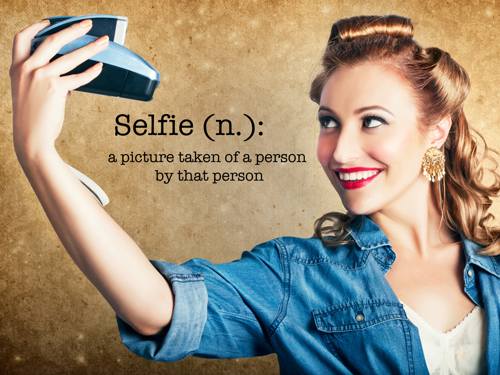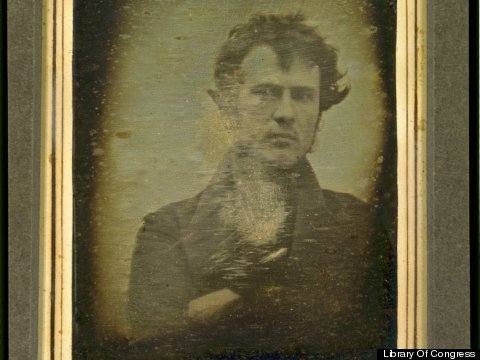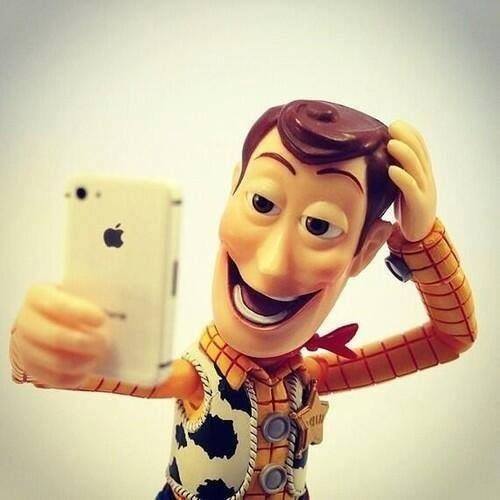Selfie sticks and front cameras are more important than ever. There is a lot of advice on how to click a good selfie – the angle, the lighting and the pose. People of all ages and genders click selfies. Is this a new phenomenon? And does it make us vain?

Well, it is far from new to take a self-portrait. Photographers starting out in the early days would use themselves as models as it was both cheaper and convenient. This led to the development of self-time options on most cameras. In fact, the self-portrait with a camera was taken way back in 1839, by Robert Corenelius, who placed the camera at the far end of the room and ran and sat into the frame to get clicked.

However, what is important about the selfie fad these days is the need to upload on social media and get the picture appreciated, which happened to a tad lesser degree in the earlier days, or with less frequency that this, at any rate. So what are some psychological phenomenon contributing to this trend in today’s time?
Control
There is a great aspect of control in a selfie. You can take many selfies and choose the one which you like the most, whereas for a normal picture being clicked by someone else, you would have to make do with one or two shots or be called fussy. Therefore, we can control more how we look and thus, selfies are a hit.
The looking glass selfies
This is a social phenomenon wherein you rate yourself in comparison to others. Therefore, any characteristic that you have is not seen independently for what it is, but how it is compared to others, good or bad, more or less frequent. The boost to this phenomenon has come through social media with a constantly changing news feed. It is easy to share but also easy to be forgotten and lie deep down in the newsfeed. Therefore, more selfies are a ploy to stay relevant in comparison to others.
Self-esteem
As explained above, in a looking glass self world, your reference point for how you feel about yourself comes from outside, then having control on how you look to the world can be vital for your self esteem. A bad selfie means you might get no likes or even negative comments and then start to feel really bad about how you look. Therefore, clicking selfies and applying filters is a constant confirmation that you look reasonably good and that you have control over the version of you which the wold sees.
Narcissism
A relatively small study claims that there may be a link between selfies and excessive self-love. People with narcissistic personality issues tend to project exaggerated amounts of self-love to battle their inner very low self-esteem. One study claims that people who click too many selfies may be trying to extinguish their narcissistic needs with selfies. However, not a lot of research supports this finding.

Comments
Powered by Facebook Comments

